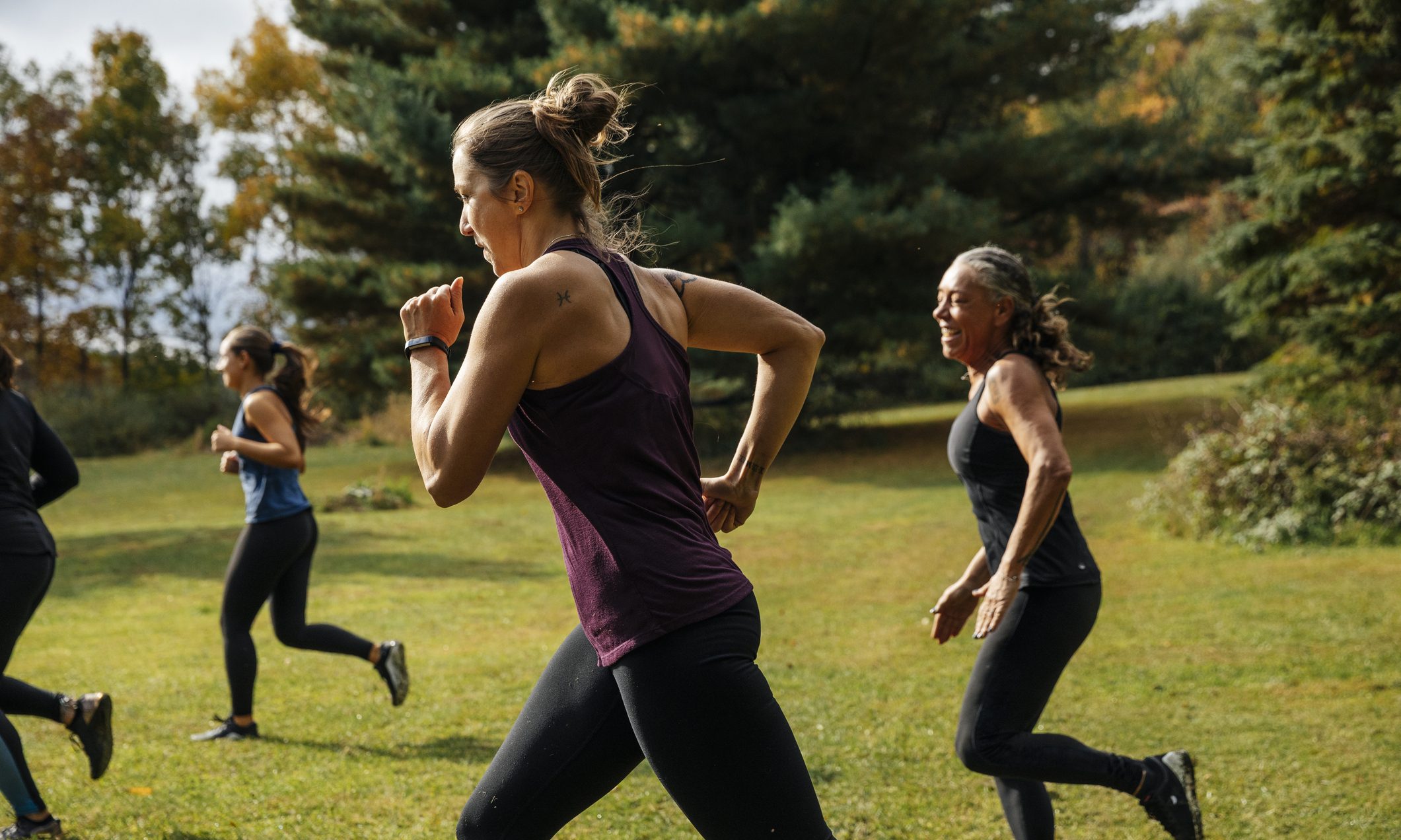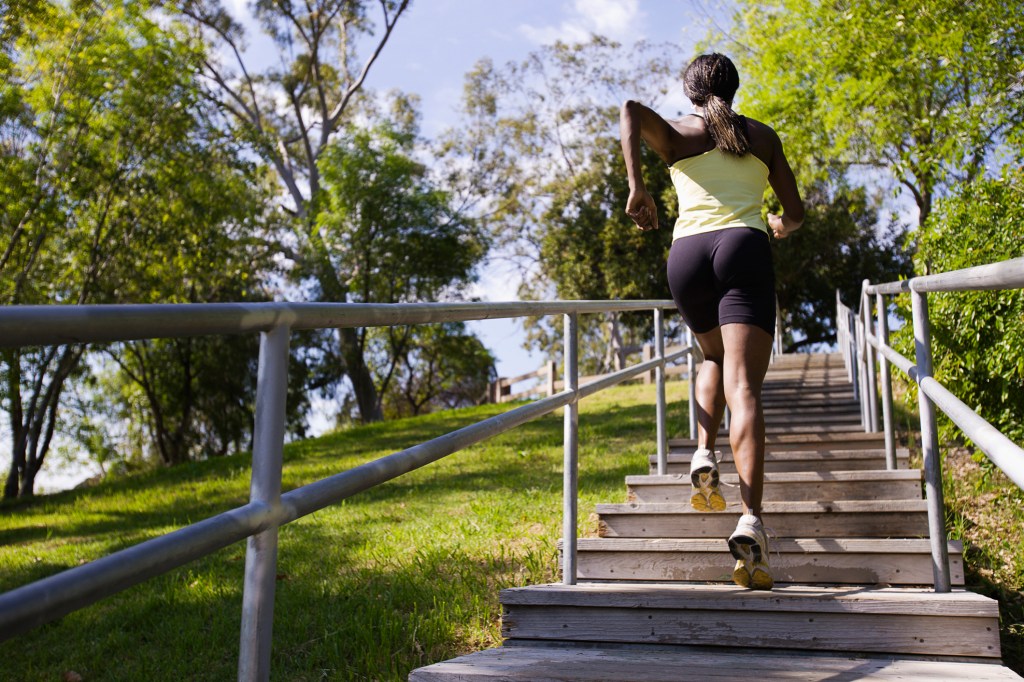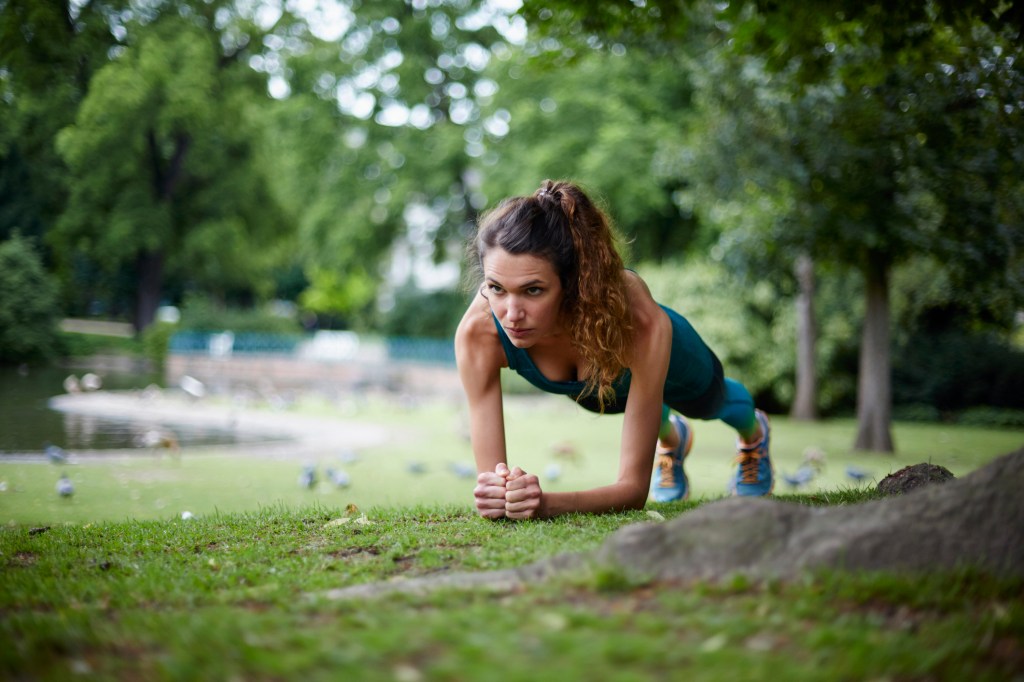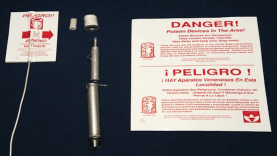

According to a new study, incorporating brief bursts of intense exercise into your day—just two minutes at a time—can dramatically improve your health and longevity.
Videos by Outdoors with Bear Grylls
The study, which was led by an international team of scientists and published in Nature Medicine, used fitness trackers to follow the habits of more than 25,000 people over a seven-year period. It found that people who exercised in just a few short bursts (just one to two minutes at a time) throughout the day had dramatically better health outcomes than the control group.
In fact, people who exercised for three one- to two-minute bursts per day were about 40% less likely to succumb to cancer—and showed a whopping 49% reduction in fatal cardiovascular disease. Not too bad for just six minutes of exercise per day.
“These results indicate that small amounts of vigorous nonexercise physical activity are associated with substantially lower mortality,” the study states.
What if I already exercise regularly?

Interestingly, the study reports that both exercisers and non-exercisers saw benefits from the high-intensity bursts. So, if you’re already sold on exercise but find that steady cardio is your go-to, try adding a one- to two-minute sprint at the middle or end of your next workout.
“Even a few bouts in someone who’s well-trained can add a little spice,” said Dr. Jamie Burr, an Ontario-based professor of human health and nutrition, in a recent interview with the New York Times. This exercise regime is also easy to do on your off days. Try running to grab the mail in the morning, sprinting up the stairs at work, or busting out a few pushups during your lunch break.
The end of the long workout

And you don’t have time to exercise as much as you’d like? Well, we’ve got even better news. Just a few years ago, a similar study concluded that one minute of all-out exercise was physiologically equivalent to about 45 minutes of moderate activity. At the end of that study, the folks who opted for short bursts over long workouts and endurance days had pretty much the same cardiovascular gains as those who logged dozens of hours of effort.
So, if you’re short on time but want to get fit, six minutes per day might be just perfect for your schedule.
Double the benefit: take it outside

While this study didn’t look into the locations of the participants’ exercise, other research suggests that doing your high-intensity bursts outdoors could have even more advantages.
This one-two punch of nature time and physical activity is often dubbed “green exercise,” and it’s a promising new area of health research. In a 2013 literature review, researchers concluded that outdoor exercise leads to both increased intensity and lower perceived effort. In other words, when you’re outside, you work out a lot harder without meaning to—or noticing how tired you are. The same paper noted that exercising outdoors can also reduce mental fatigue, improve mental health, and lower stress levels.
An earlier study showed that just five minutes of “green activity” per day can boost self-esteem and reduce symptoms of depression and anxiety. And immersing yourself in nature for 20 minutes per day is known to help boost the immune system.
So, if you’re thinking of jumping on the high-intensity-burst bandwagon, make your minutes go further by taking them outside. If you walk to work, detour through a park and pick up the pace there. If you’re at home on the weekend, do your pushups in the backyard between chores. And if you’ve got even more time? Head to a local state park or national forest to reconnect, decompress—and maybe squeeze in a couple of sprints.









